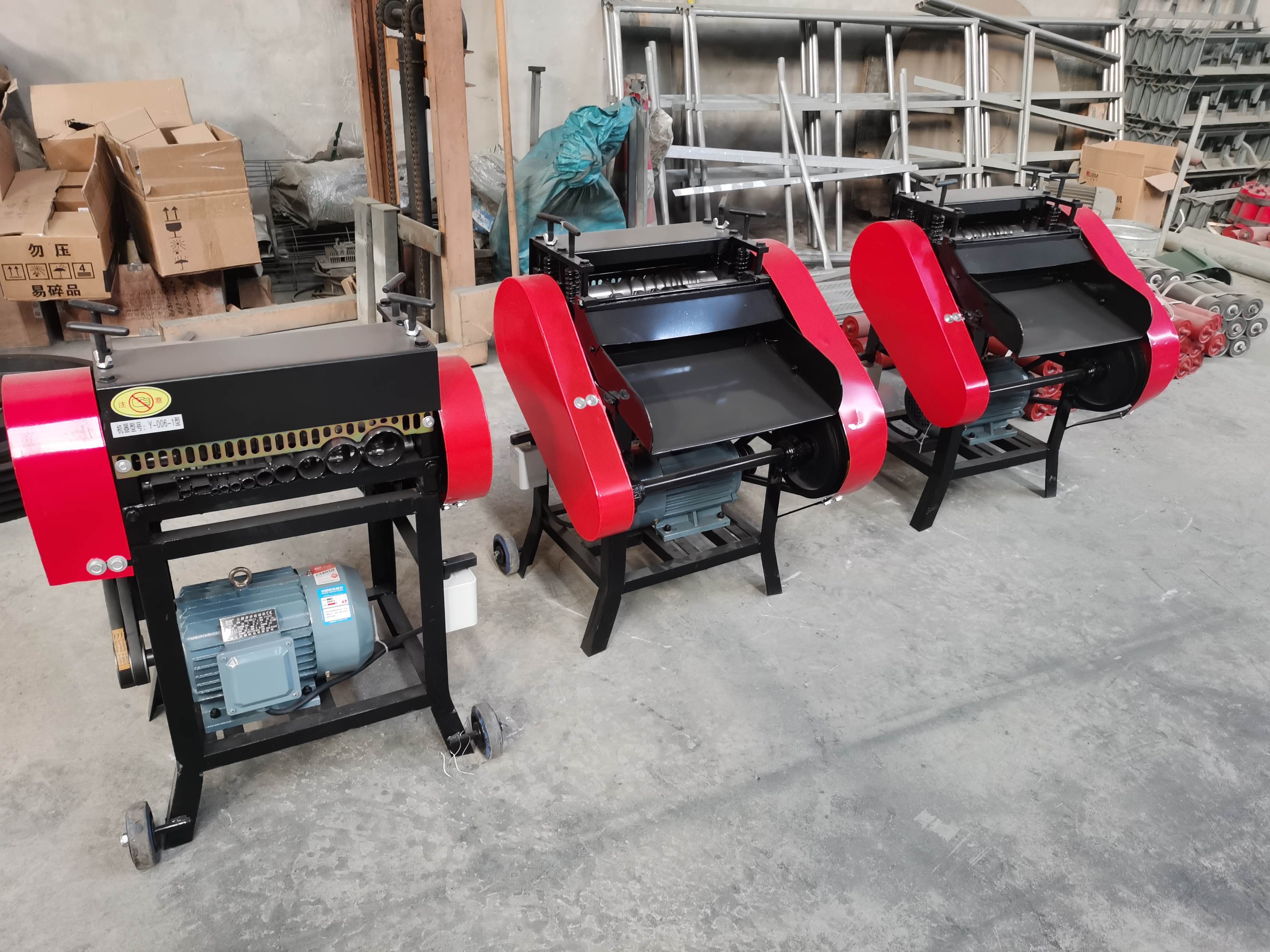

ພ.ຈ. . 22, 2024 07:21 Back to list
Understanding the Role and Functionality of Crusher Hammer Mills
A crusher hammer mill, often referred to simply as a hammer mill, is an essential piece of machinery widely used in various industries for size reduction and material processing. Its design combines both the functionality of crushing and milling into a single compact machine, making it an efficient tool for transforming bulk materials into smaller, more manageable sizes.
What is a Crusher Hammer Mill?
A hammer mill consists of a robust rotor spinning at high speeds, equipped with versatile hammers. These hammers are the key components that perform the crushing action. When raw material is fed into the machine, it is struck repeatedly by these hammers, shattering it into smaller pieces. The size of the final product can be adjusted by using different screen sizes, allowing operators to achieve desired specifications.
Applications of Hammer Mills
Crusher hammer mills are utilized across various sectors
1. Agricultural Sector In agriculture, hammer mills play a crucial role in the processing of grains, fodder, and other biomass materials. They help in reducing the size of materials for easier handling and further processing, such as in animal feed production.
2. Recycling Industry Hammer mills are effective in breaking down recycled materials such as plastics, metal scraps, and electronic waste. They help in producing uniform particle sizes that can be easily sorted and processed for reuse.

3. Mining and Minerals In the mining sector, hammer mills are used to crush ores and minerals, assisting in the extraction process. They facilitate the reduction of large rock chunks into smaller, more manageable pieces for further processing and refinement.
4. Pharmaceutical and Chemical Industries These mills are also prevalent in the pharmaceutical industry to create powders from bulk materials. The fine particle size produced by hammer mills ensures better mixing and homogeneity in formulations.
Benefits of Using Crusher Hammer Mills
One of the primary advantages of hammer mills is their versatility. They can handle various materials, from soft to hard substances, and are suitable for both dry and wet materials. Additionally, their modular design allows for easy maintenance and replacement of components, ensuring longevity and reducing downtime.
Moreover, the operational efficiency of hammer mills is noteworthy. They require minimal energy to run compared to other grinding machines, which makes them cost-effective in the long run. The customization options available in screen sizes and hammer configurations further enhance their adaptability to different projects and materials.
Conclusion
In conclusion, the crusher hammer mill is a pivotal device in numerous industries, ensuring efficient material size reduction and processing. Its versatility, efficiency, and ease of maintenance make it a preferred choice for businesses looking to optimize their operations. As technology advances, we can anticipate further innovations in hammer mill design and functionality, promising even more efficiency and effectiveness in material processing applications. Understanding the capabilities and applications of crusher hammer mills is essential for industries aiming to improve productivity and reduce waste.
Latest news
The Future of Metal Recycling: Revolutionizing Waste Management
NewsMay.14,2025
Optimizing Waste with Recycling Lines
NewsMay.14,2025
Municipal Solid Waste Sorting Line: Revolutionizing Waste Management
NewsMay.14,2025
Metal Shredders: Essential Tools for Efficient Recycling
NewsMay.14,2025
Maximize Your Profits with a Copper Wire Granulator
NewsMay.14,2025
Home Metal Shredder: A Smart Choice for Your Home Recycling Needs
NewsMay.14,2025